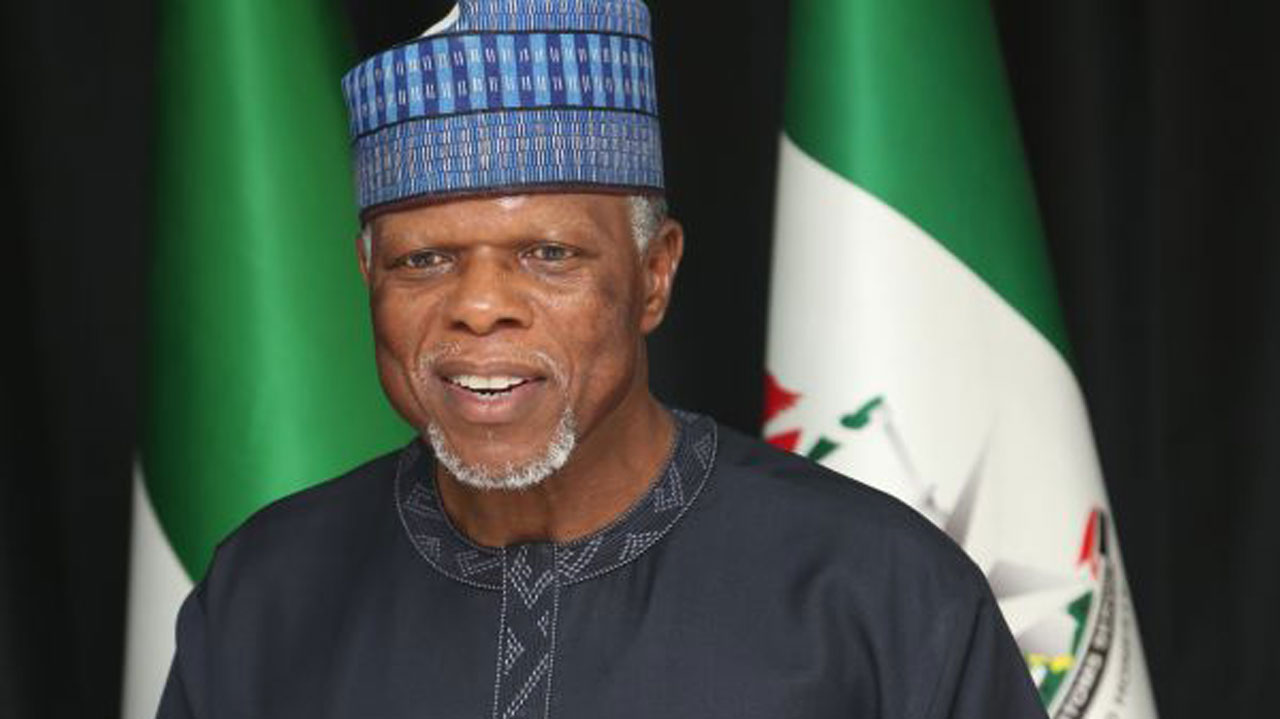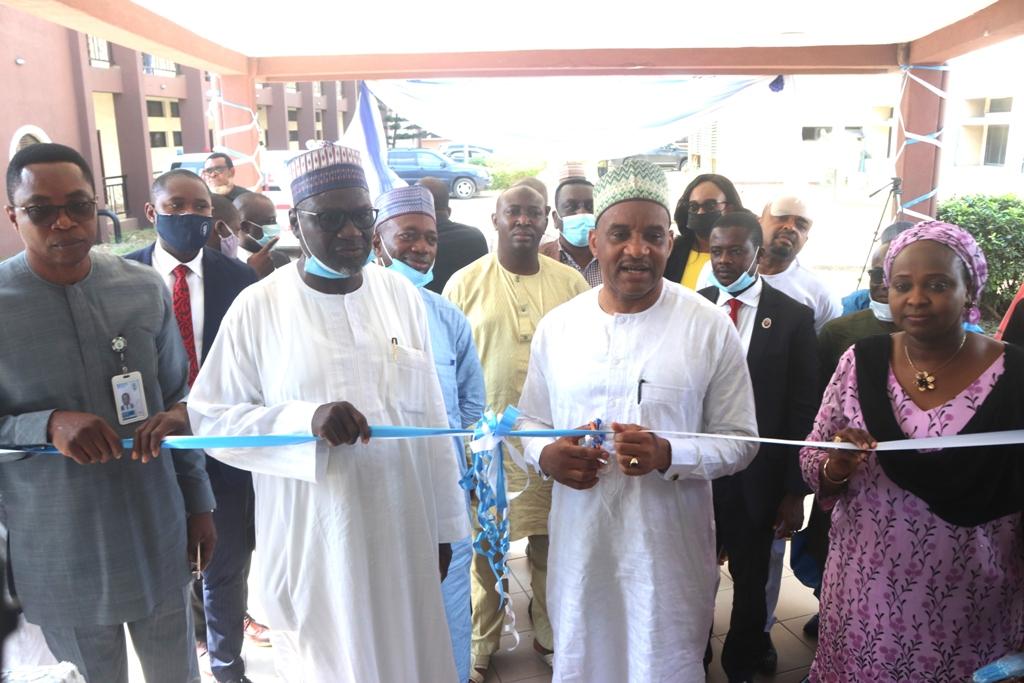In Nigeria, aviation predates the nation’s independence in 1960. But more than 56 year seems a long time to formulate policies, build sustainable infrastructure, set up strong airlines among others, to make Nigeria a force to reckon with given the huge population and strong landmass.
This is not the case of the nation’s aviation sector and experts have continued to proffer solutions for headway. Only few weeks ago, some respected airlines parked up for lack of funding and logistics to continue in business. Even though some of them are back, there is still anxiety on the side of travelers over chances of cutting corners in order to meet up demands.
The rot got to a level that some of the airlines started going to Ghana to refuel their airlines before coming to Nigeria to fly routes. The issue of flights cancellations and delays are now a daily routine and passengers are not finding them funny.
According to Mr. Simon Tumba, an aviation analyst, Nigeria needs to put its house in order if it desires to make progress.
He said “We need to begin with credible aviation policies by the Nigerian Civil Aviation Authority (NCAA) that will lay good foundation capable of attracting investors both local and foreign.”
“Any meaningful policy direction must reflect liberalization tailored towards growth in the industry where carriers will be empowered to negotiate commercial partnerships with little or no interference from government/
“We have to have strong policies and outline to follow in issues of the industry. We can do it. Key stakeholders can seat down with policy makers and develop draft document for the way forward of the sector. This can help set targets for short, medium and long term needs. There must be a plan to work on with target time for deliveries.
According to former Director General of NCAA, Dr. Harnod Demuren, “Undue political interference should seize and we must enthrone good corporate governance in our system”.
“We have to be transparent. If you don’t do that, we will be here today and also be here tomorrow and every day, nothing will be achieved.
“We also need to know that our privatization laws are irrevocable and there must be irreversibility clause in our privatization laws and provisions. This will encourage investors because they will have nothing to fear.
In another interview, Senate Committee chairman of Privatization, Senator Ben Bruce said “Time has come when no incoming government will just reverse what the former government has done with just a stroke of the pen. There should a two-year contestability period and during the period, anyone with reason why the privatization should not have been executive is allowed to contest the scheme with facts and documentary evidence”.
Besides, other industry pundits want the initiation of public private partnership agenda as an effective gateway to revive the aviation sector and turn the system to profitability.
During a recent interactive forum organized by the Ministry of Transportation, the Minister of State for Aviation, Alhaji Hadi Serika said government want to revive our airports and put them to shape.
He said “Today we are carrying 60 million passengers yearly, but we want to go beyond that and hit 70 million very soon or within five years”.
President of ATSSSAN, Mr. Ben Okewa was of the view that government should leave those airports that are viable on their own and look on others that are underutilized for their PPP.
Currently, another lacking concept is the provision of enabling environment for private operators to do their business. Experts now called for a regulated fleet control policy to strengthen the local carriers and improve safety.
Some experts are already calling for a minimum of 5 operational aircrafts to be the limit for a company to be in business. The call is inching for eight for regional and 10 for international carriers, just as the commercial banks were segregated during the last recapitalization scheme.
Other pundits are calling for a fly-Nigeria carrier for all government officials as a way of sustaining the public participation.









